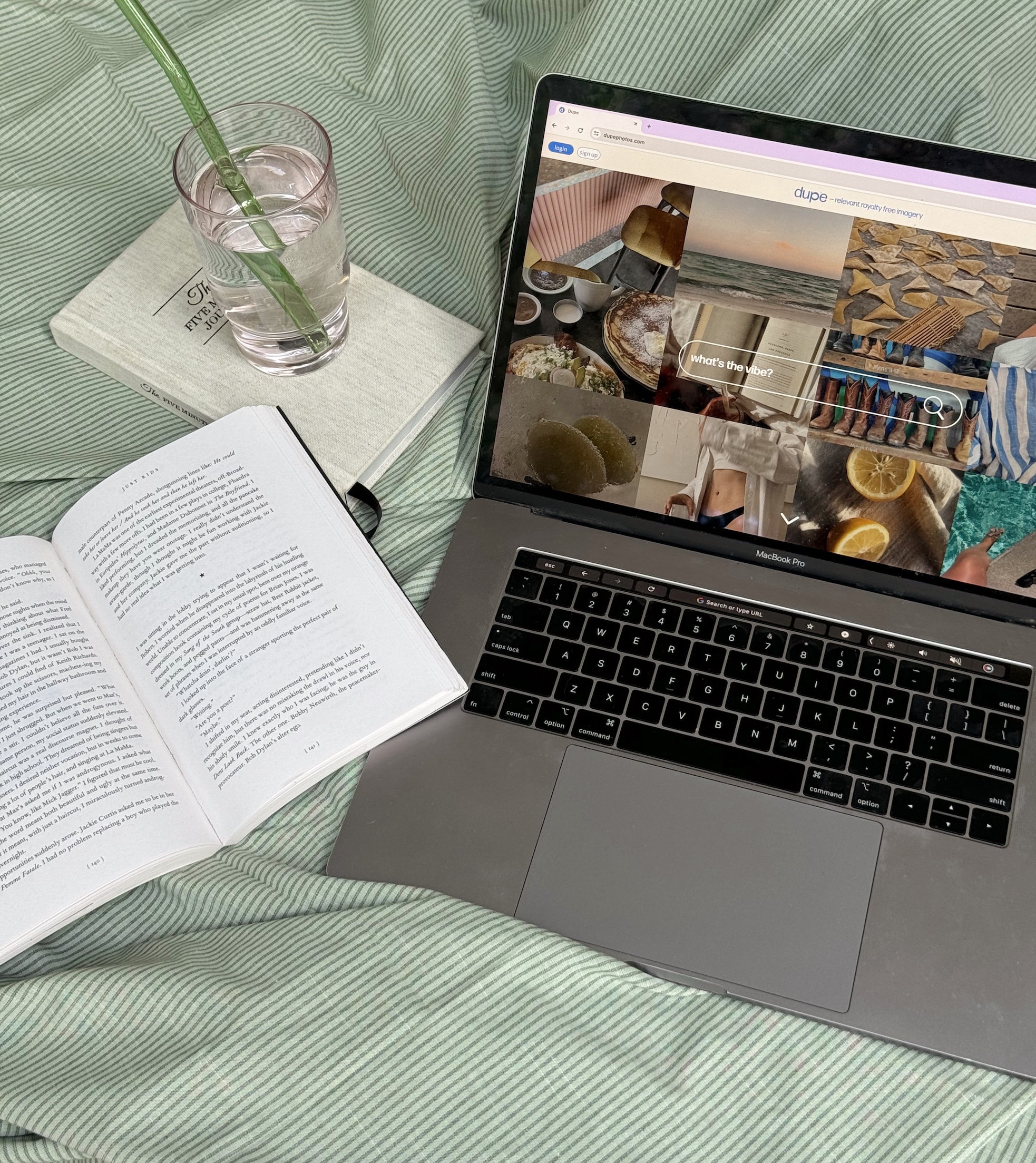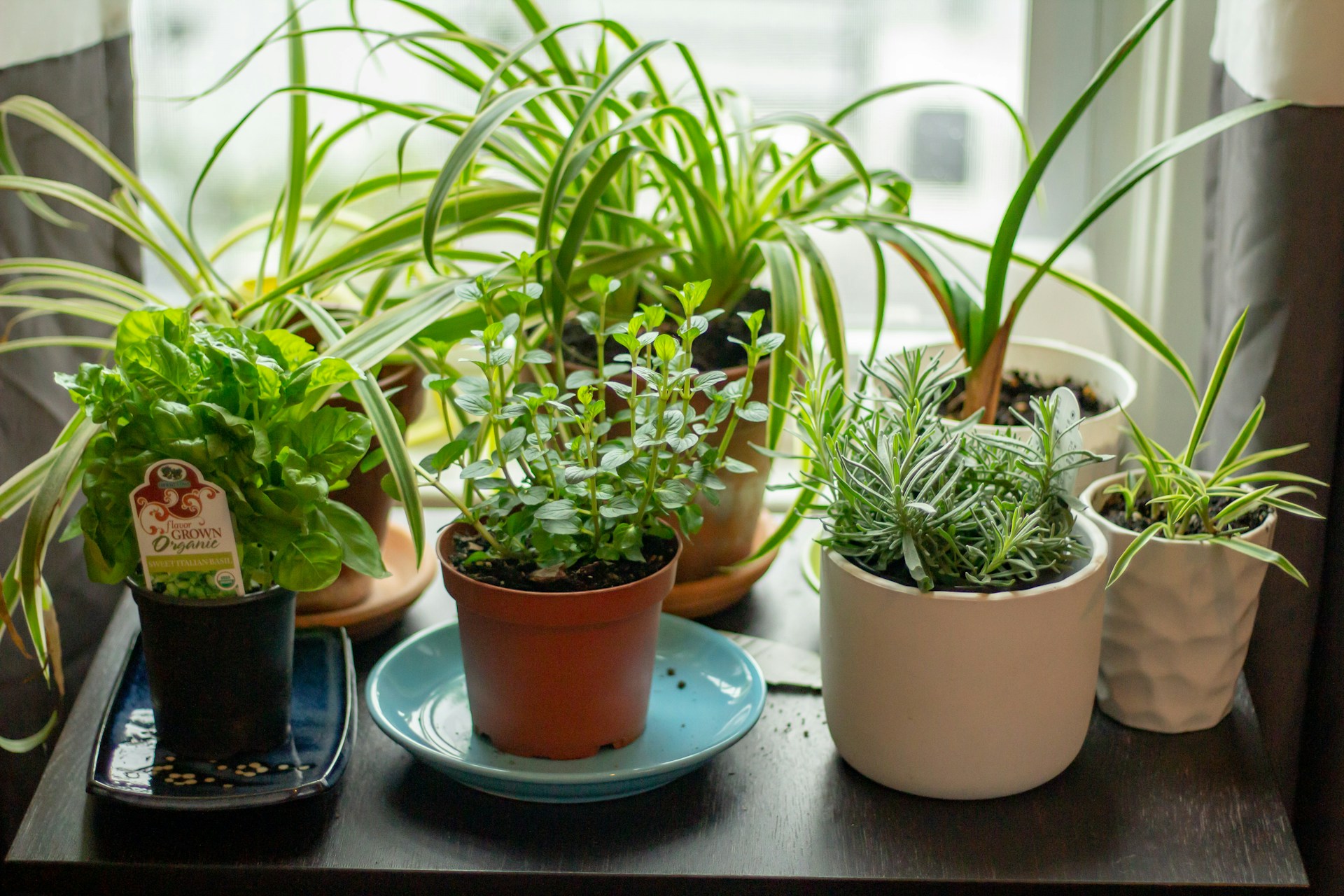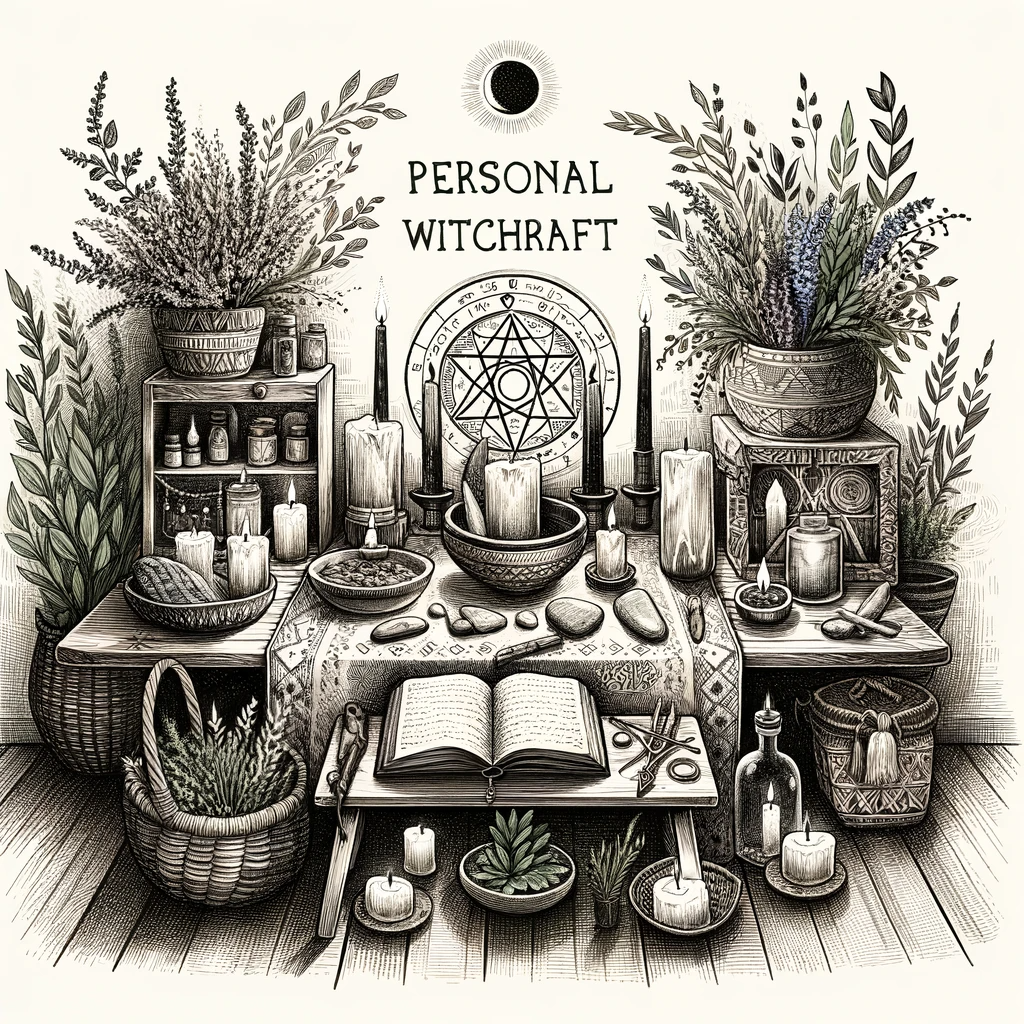Honesty is a virtue we all admire, yet often struggle to practice consistently. Think about it: when was the last time you found yourself tweaking the truth, even slightly? The importance of truth-telling extends far beyond just avoiding lies; it’s about creating a foundation of trust and integrity in our relationships and within ourselves.
This article dives into the art of truth-telling, exploring why we sometimes falter, and more importantly, how we can get better at it. From understanding the psychology behind honesty to practical tips for everyday situations, this guide is your roadmap to becoming a more truthful person.
The Psychology of Honesty
Understanding Why We Lie
At the core of learning to tell the truth is understanding why we lie in the first place. Psychological studies have shown that the reasons range from fear of consequences to a desire to protect someone’s feelings.
Sometimes, it’s about self-preservation, other times it’s about wanting to fit in or avoid conflict. Recognizing these underlying motivations is the first step towards changing our behavior.
The Benefits of Truth-Telling
But why should we strive to be more honest? The benefits are numerous and profound. Honesty fosters deeper connections with others, as it builds trust and respect. It also leads to greater self-respect and authenticity, allowing us to live with a clear conscience.
Understanding these benefits can be a powerful motivator in our journey towards truthfulness.
Transition to Practical Tips
Knowing the ‘why’ behind our dishonesty sets the stage for the ‘how’ of becoming more truthful. This understanding is crucial as we move into practical strategies that can be applied in daily life.
Building Self-Awareness
Recognizing Your Truth-Telling Baseline
To improve at telling the truth, you first need to know where you stand. Are you a chronic fibber or just prone to occasional white lies? Assessing your current level of honesty requires honest introspection. Think about recent situations where you might have bent the truth and why you did it.
Identifying Triggers for Dishonesty
Understanding what triggers your dishonesty is key. Is it stress, fear, a particular person, or a specific type of situation? Identifying these triggers can help you prepare and choose a different response in the future.
The Role of Self-Reflection
Regular self-reflection is vital in building self-awareness. Whether it’s through journaling, meditation, or simply taking a few moments each day to reflect on your actions, this practice can provide valuable insights into your honesty habits and how they can be improved.
Practical Strategies for Honesty
Being Mindful in Conversations
Mindfulness is a powerful tool in the quest for honesty. It involves being fully present in conversations, listening actively, and being aware of your inclination to bend the truth. This awareness can help you pause and choose honesty in the moment.
Honesty vs. Bluntness
Being honest doesn’t mean you have to be blunt or hurtful. It’s about finding a way to express the truth compassionately and constructively. It’s the art of being truthful without being harsh.
Overcoming the Fear of Consequences
Fear of how others will react can often deter us from being honest. Overcoming this fear involves accepting that you can’t control others’ reactions, but you can control your commitment to truth. It’s about valuing honesty over approval.
Balancing Honesty with Tact
Tact is the ability to say the right thing at the right time. It’s about being honest while also considering the feelings and perspectives of others. Learning to balance honesty with tact is crucial for maintaining healthy relationships.

Communication Skills Enhancement
Active Listening
Good communication isn’t just about speaking truthfully; it’s also about listening. Active listening involves fully concentrating on what is being said rather than just passively hearing the words. It shows respect and encourages honesty in return.
Expressing Yourself Clearly and Effectively
Articulating your thoughts in a clear, direct manner is an important aspect of honest communication. It involves being straightforward about your feelings and thoughts, reducing the chances of misunderstandings and half-truths.
Non-Verbal Honesty
Our body language and facial expressions often tell more than our words. Being aware of your non-verbal cues and ensuring they align with your spoken words is an essential part of communicating honestly.
Establishing a Truthful Environment
Creating an environment where truth is valued and encouraged is crucial for sustaining honesty in both personal and professional life. This involves not just personal commitment but also fostering a culture of transparency and openness around you.
Fostering Honesty in Relationships
To cultivate honesty in relationships, start by being a role model of truthfulness yourself. Encourage open and honest communication, and make sure to create a safe space where others feel comfortable sharing their truths without fear of judgment or reprisal.
Encouraging Honesty in Others
Your own honesty can be a powerful influence on those around you. When people see the respect and trust that your honesty earns, it can inspire them to be more truthful. Remember, it’s also about how you respond to the honesty of others – show appreciation and avoid negative reactions to encourage a continuous flow of truth.
Dealing with Dishonesty
Encountering dishonesty can be challenging. It’s important to address it calmly and constructively, focusing on the importance of honesty and how deceit affects the relationship. It’s about setting boundaries and expectations for truthful interactions.
Making Honesty a Habit
Incorporating honesty into your daily life requires practice and dedication. Like any habit, it takes time and effort to develop, but the benefits for your personal growth and relationships are immense.
Small Steps Towards Big Changes
Start with small, manageable steps. Practice honesty in everyday situations where the stakes are low. This could be as simple as expressing your true feelings about a movie or being honest about your availability.
Tracking Progress
Keeping track of your progress can be incredibly motivating. Whether it’s through a journal, an app, or just mental notes, observing how often you choose honesty over convenience or fear can provide insight and encouragement to keep going.
Celebrating Honesty Milestones
Recognize and celebrate your achievements in truth-telling. Did you successfully navigate a difficult conversation with honesty? Did you own up to a mistake instead of covering it up? Acknowledging these milestones reinforces the positive behavior and motivates you to continue.
The journey towards being a more honest person is challenging yet deeply rewarding. It’s about more than just avoiding lies; it’s about building a life of integrity and authenticity. Remember, honesty starts with self-awareness and a commitment to truth in both big and small matters. It’s a skill that can be developed over time, bringing immense benefits to your personal and professional relationships.
So take that first step today, embrace the beauty of truth, and watch how it transforms your life.
















